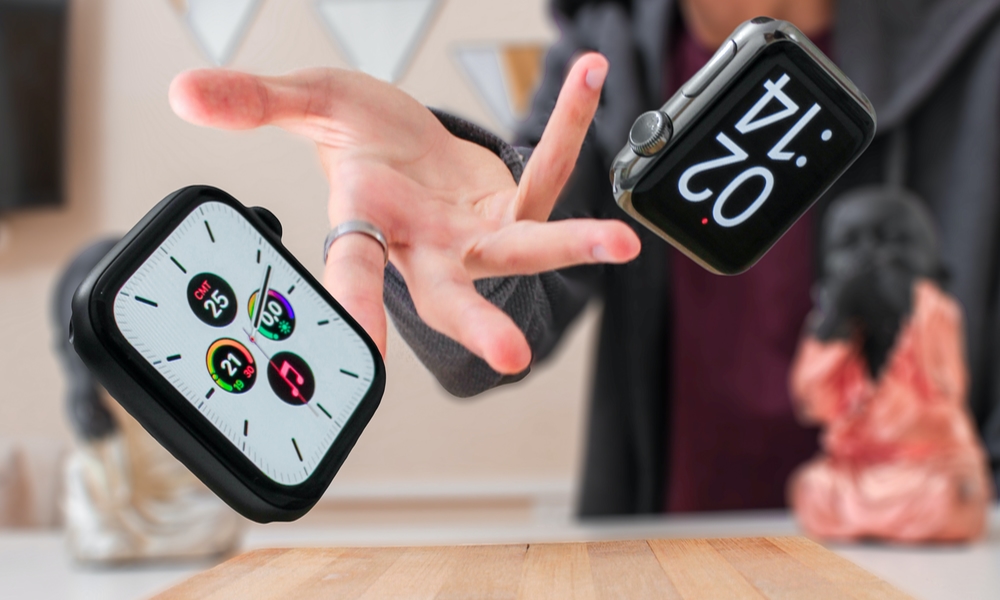Apple Scrapped Planned Android Support for the Apple Watch
 Credit: Bestami Sarkaya
Credit: Bestami Sarkaya
Toggle Dark Mode
Apple once planned to offer Android support for its Apple Watch. However, it ultimately scrapped the idea due to fears that it might negatively affect sales of its iPhone, according to a report from Bloomberg’s Mark Gurman.
“The move, codenamed Project Fennel, would have brought the company’s health features — and the health benefits Apple has repeatedly underlined — to many more people, especially in countries where Apple has little market share,” says Mark Gurman.
Even though Project Fennel was close to completion, Gurman says Apple killed the project due to the Apple Watch’s “halo effect” being a driver of iPhone sales. The two devices are closely related in Apple customers’ minds.
The “halo effect” is when customers develop positive impressions of a company, brand, or product due to a pleasant product experience. This leads customers to buy additional products from the company.
This trend goes back several years at Apple, stretching back to the days of the original iPod in 2001. When the original iPod first hit shelves, it required buyers to have a Mac computer equipped with Firewire to load music onto the device. The iPod did cause Mac sales to rise during that first year.
While there were plenty of Windows PC-compatible MP3 players available at the time, Windows users begged for the device to be PC-compatible.
A bit less than a year after the iPod’s debut, Apple added Windows support via USB. (I speak from experience, as I bought an iPod once it became Windows compatible, and the positive experience I had with the iPod led me to buy a MacBook a year or so later.)
The halo effect struck again with the release of the iPhone in 2007, as consumers’ positive experience with the original iPhone led to their purchase of other Apple products.
Now, 16 years later, the iPhone remains Apple’s top-selling hardware platform, at least partially due to its close connection to the Apple Watch. The Apple Watch dominates smartwatch sales, outselling other smartwatch brands and taking the lion’s share of smartwatch sales and revenue. Apple Watch sales accounted for $41.1 billion in revenue in 2022.
This doesn’t mark the first report of Apple scrapping an Android-related project. Apple also dropped plans for porting iMessage and FaceTime over to the Android platform. Even though Apple CEO Steve Jobs once announced Apple would publish both services as open industry standards, those plans did not pan out.
In an internal Apple discussion revealed during Apple’s court battle with Epic Games, Apple VP Craig Federighi warned the other executives in the discussion that porting iMessage to Android “would simply serve to remove an obstacle to iPhone families giving their kids Android phones.”
Many analysts expect to see a year-over-year sales decline for the Apple Watch, due to slowing shipment momentum.
Apple reported its latest quarterly earnings this week, during which CFO Luca Maestri commented that revenue for Wearables, Home and Accessories was $9.3 billion, down 3% year over year. The Apple Watch is included in this category, which also includes the AirPods, Apple TV, and HomePod, among other things. Apple does not break down the sales numbers for individual items.
Maestri also noted that nearly two-thirds of customers purchasing an Apple Watch during the fiscal fourth quarter were new buyers and customer satisfaction for the wearable measured at 97% in the United States.







